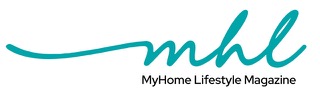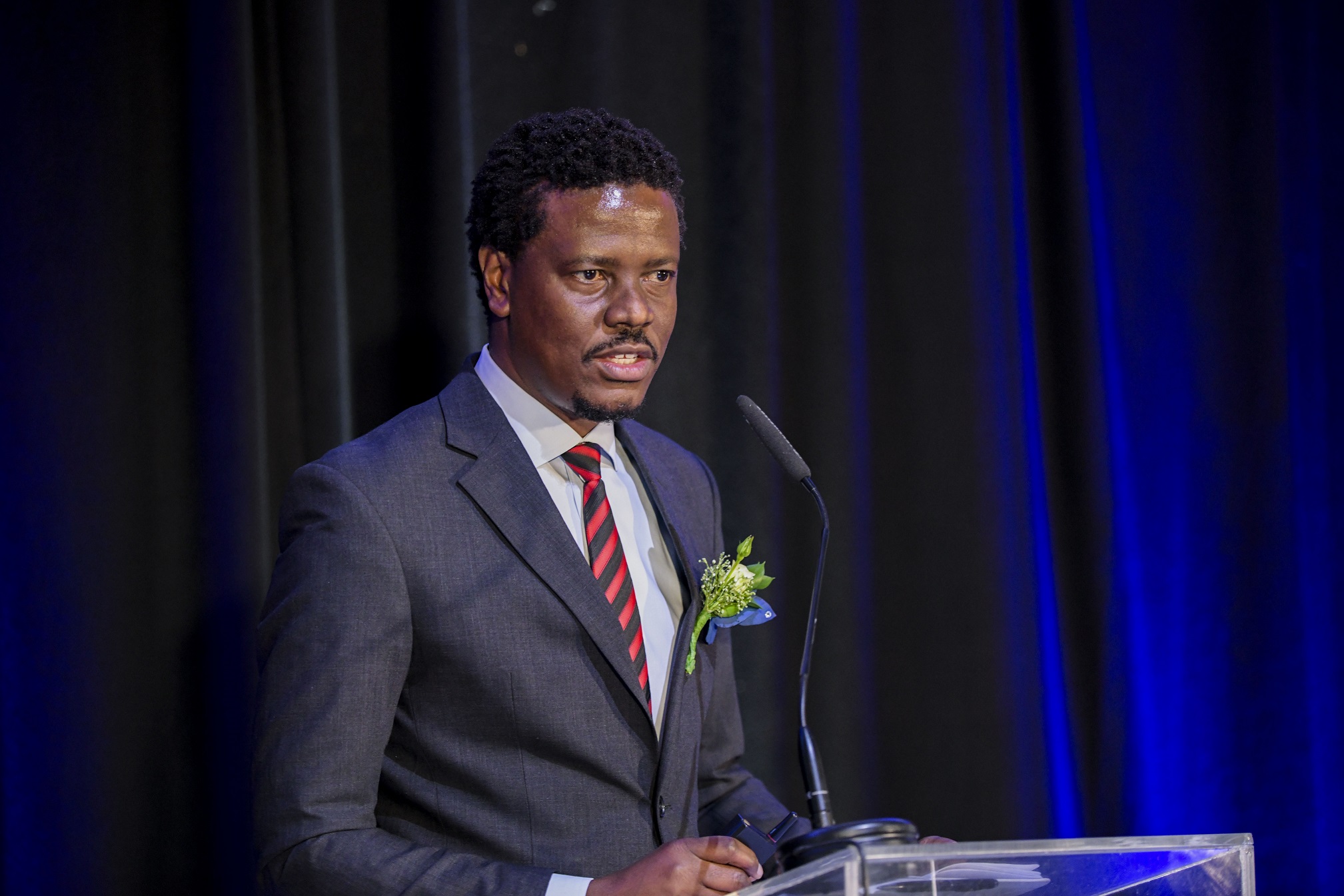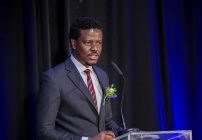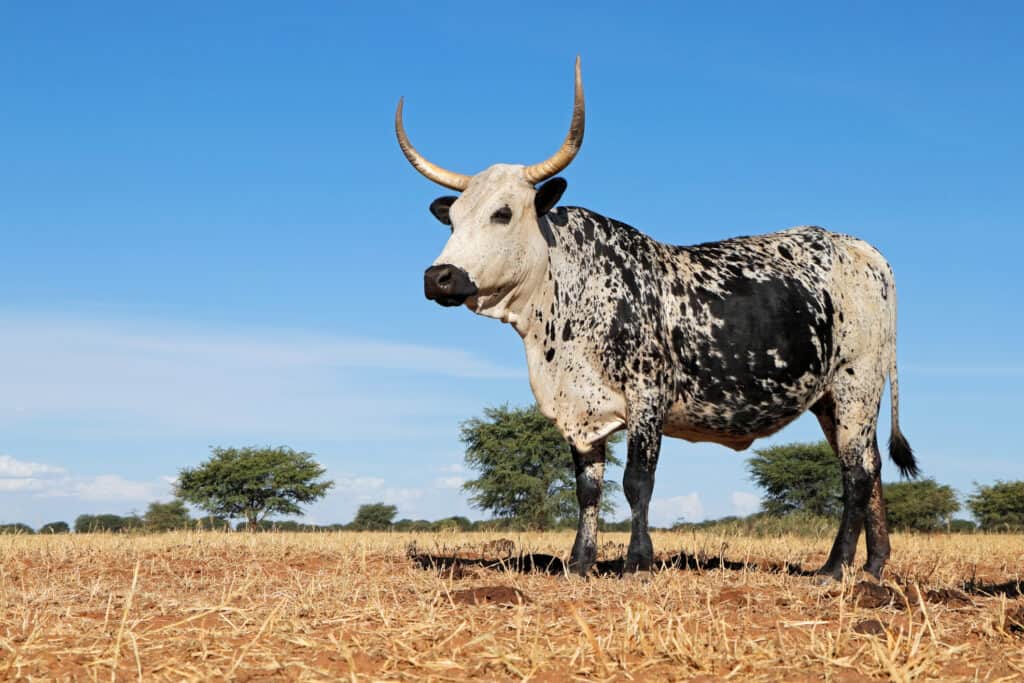Mr Salomo Hei of High Economic Intelligence (HEI) lives by the ideology that we as Africans and Namibians in particular are our own heroes! We cannot and should not wait for outside forces to save us and should awaken the entrepreneurial spirit within us to be the future we want to see. Our journalists engaged Mr Hei about his own business venture, the strides he has made and what his foresight is for the future. Mr Hei established High Economic Intelligence in 2014, with an interest in research championship in Namibia.
During this near decade, HEI has built the infrastructure index for Standard Bank of Namibia, which was a massive undertaking for the business, in that consideration was given to infrastructure pillars in Namibia, which were used to build the index.
Telecommunication, road infrastructure, electricity and water and sanitation are some of the pillars considered.
HEI created the Windhoek Economic Index for the City of Windhoek looking at the anchors of economic activity within the city of Windhoek. This particular index was short-lived due to the instability in the leadership at the City at that point in time.
Equally, the company was the country consultant for the United Nations during their country assessment. This was specifically to illustrate the areas of interest to donor organisations, for funding and support.
Mr Hei plays the role of lead consultant for a continental program regarding the liability of a credit guarantee scheme for the African Review mechanism, which is ongoing with traveling to other African countries to receive endorsement for the work done.
HEI is at the cutting edge of new ideas, to the extent that their research informs projections and forecasts. Their research informs their economic commentary at all material times and HEI appreciates the value of research.
It is a fact that a big portion of institutions’ resources is invested into research, and subsequently that is the cornerstone of High Economic Intelligence.
“We differentiate ourselves by that cutting edge research”, Mr Hei emphasises.
HEI remains one of the few independent businesses that have been advocating that the just transition of energy should be looked into in context. HEI believes that Namibia should not rush into it, without having a full grasp of the impact it would have on the current fuels, should both become sources of energy.
Many of the countries that had been advocating for a just transition have backtracked some of the targets and are retreating into a more secure source of energy.
Although environmental issues are not a big issue to HEI as an institute, per se because their emissions are not a threat at this stage because Namibia and by extension HEI have kept environmentally friendly. To that extent, the business intends to continue what has been proven to work for many years; less paper, ensuring as far as possible that electronics are used, the utilisation of cleaner energy in for example light bulbs etc.
“I don’t think that the environmental issue is a HEI issue or a Namibian issue, or by extension an African issue because I think we have been environmentally sensitive and that’s why we don’t have the high emissions that the rest of the world are suffering from.”
-S Hei
In keeping up with the needs of its clients, and in being continually innovative, HEI recently engaged Erongo Red around the security of supply of power in the region and were able to provide advice on why it is important for that entity to consider a financial instrument to fund some of their capex programs. This can be achieved through the use of environmentally friendly green bonds that can be used to look at options, which would include exporting power. It is one thing to look at the domestic demand, however there are mechanisms working towards ensuring that power can be pushed into the SADC region.
This can only come however, provided investment is made in some of the new financial instruments, including listing on the NSX; which by itself would deepen the capital markets and eventually improve liquidity in the country.
Collaboration and partnerships are often crucial in achieving success to which extent the banks in Namibia remain a point of interest since only a few have full blown research departments; a function they tend to outsource. Work with NamibRe on the landmark case around compulsory reinsurance in Namibia led to HEI acting as an expert witness in the matter before Court, although there was in the end an out of court settlement reached between the parties.
Since the insurance industry is mainly heavily outsourced where a lot of subsidiaries of South African companies roll out products and subsequently the reinsurance is a component of their business ‘outside’ and the value thereof is derived outside, as it were.
With compulsory sessions and for the greater good, the clarity and importance on an economic level would have been good to be made, to have vibrant and strong reinsurance in Namibia.
01. Keep your focus on your life goals
As a business HEI is committed to lifelong learning, to the extent that employees are encouraged to constantly be on the lookout for opportunities where they can advance their careers through training. The company has sent employees to South Africa for training and one of their analysts is currently engaged in their CFA1, for which the company has taken responsibility.
It is a big part of HEI’s business to continuously encourage employees to advance their barriers.
“HEI does not primarily look at colour or tribe as a basis for employment, we look at quality”. In this regard, diversity in skill set plays a big role in the business, as they are not in the “quota” business but rather in the business of quality output as a criteria to arrive at a determination of whether someone becomes part of the family that is being built. “As luck would have it, we have quite a good split of three ladies and two gentlemen on our team so I think we are fairly equitably distributed on a race, colour and what is referred to as diversification.
As a leader in the industry HEI has positioned themselves well and have a track record of a decade in 2024, which is a significant milestone. While research as an industry has not taken off in Namibia yet and is lagging behind other industries, there remains hope that it will take off and that HEI remains at the forefront of the industry.
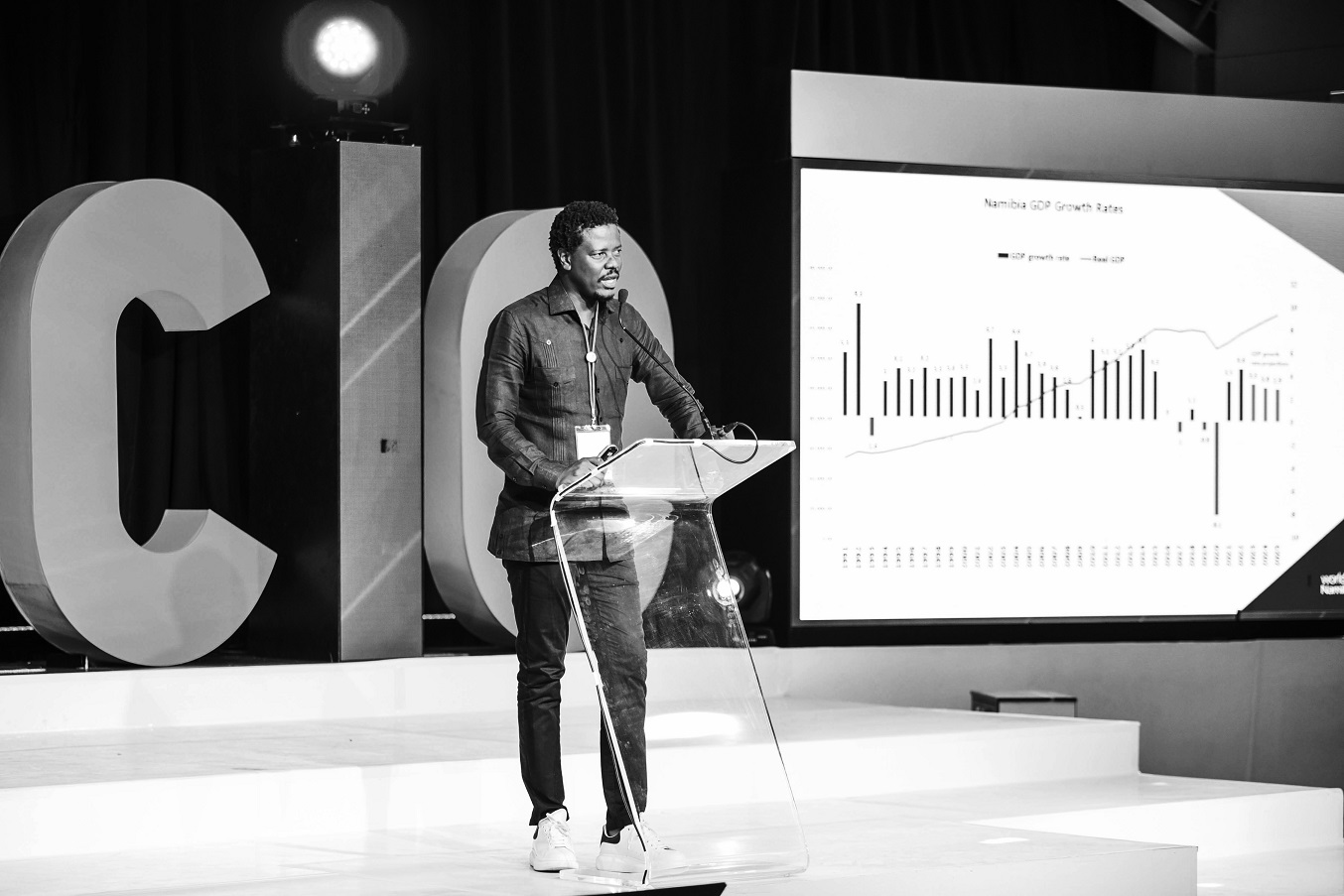
Advanced and more industrialised economies rely heavily on research and although Namibia is not currently considered an advanced economy and us not an Industrial economy yet, HEI is well positioned to reap the rewards of industrialisation and advancement when it comes, because of the importance of research.
A business model like the Apple company for instance, has a significant component of their budget geared towards research; to illustrate the importance of sound research.
Subsequently it is not a matter of ‘if’ but rather ‘when’ HEI finds itself in a position to offer quality and qualified service.
Looking ahead, the vision for HEI is a very clear growth path, with expansion into the African continent, providing research guidance on the continent. It is envisioned that the work done has an impact on people throughout Africa.
Should work done to date with the African Peer Review Mechanism see the light of day, it would be a point of pride, knowing HEI have contributed to shaping the continent as the vision is to be a part of the story, when the narrative changes for the continent, to ensure the ability to inform the global conversation around why value addition is important for the continent. Why it is important to not only export raw mineral resources, but rather add value addition.
HEI is excited by the prospect of having this impact and in turn assisting the greater continent in terms of employment, poverty reduction, increasing disposable income, higher standards of living and greater prosperity for the continent.
“In our own little pockets of influence and expertise we should try and make sure that we propel the Namibian economy to greater heights. We must instill a culture of entrepreneurship because there is no one on a white horse who is coming to save us. We can only save ourselves.”
